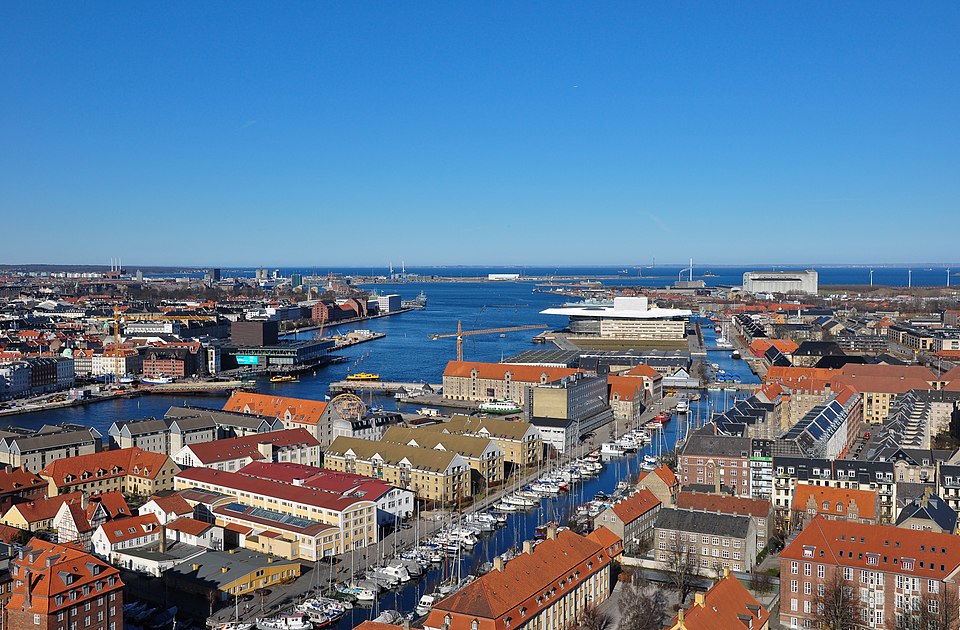
Denmark’s ruling Social Democrats face a historic backlash in Tuesday’s local elections, with polls suggesting the party could lose control of Copenhagen for the first time in 122 years.
The revolt is driven by Copenhageners frustrated by skyrocketing housing costs in a city the party helped transform into a global magnet — and one of Europe’s most expensive capitals. The average price of an 80-square-meter apartment has jumped nearly 30 percent in four years, pushing many workers out of the city and souring longtime supporters.
But housing isn’t the only problem. Voters are also rejecting Prime Minister Mette Frederiksen’s centrist turn, which has included tough migration policies and alliances with liberal parties that play well in rural Denmark but alienate the capital’s progressive electorate.
Local leadership troubles have deepened the slump. After a harassment scandal forced Copenhagen’s mayor to resign in 2020, his successors have struggled to reconnect with voters. Current lead candidate Pernille Rosenkrantz-Theil — previously Denmark’s housing minister — is criticized for failing to tackle the very crisis now dominating the campaign. Her recent pivot to pro-car policies also angered green voters.
Left-wing parties focused on affordability and climate issues are surging. The Red-Green Alliance is polling at roughly 25 percent, with the Socialist People’s Party close behind — both well ahead of the Social Democrats.
The shake-up in Copenhagen is seen as a warning for Europe’s center-left. Frederiksen’s rightward drift has blunted the far right nationally, analysts say, but it has also blurred the Social Democrats’ identity — especially among younger, urban voters who prioritize social justice, greener cities and affordable housing.
As one 27-year-old voter put it: “They just don’t feel like a socialist party anymore.” Photo by Bob Collowan/Commons/CC-BY-SA-4.0, Wikimedia commons.









































